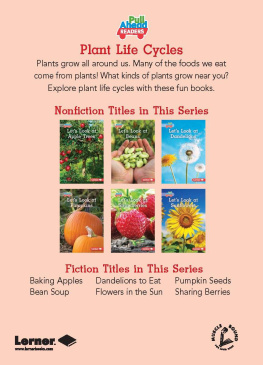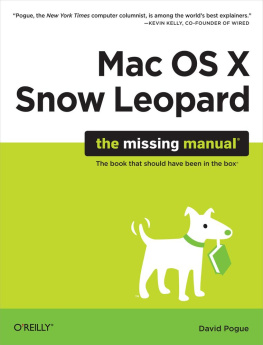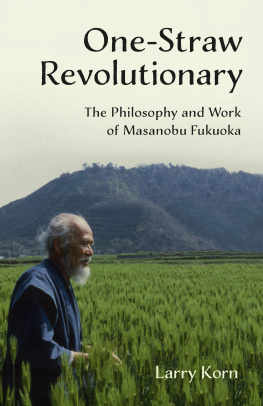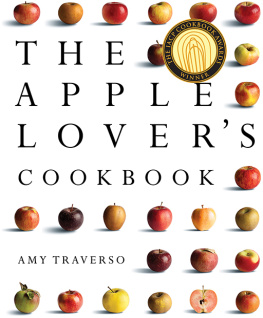PREFACE
The brief essays in this book were written for the Toronto Globe and Farmer's Advocate. As they deal with all kinds of farm work at different seasons of the year they have been cast into the form of a journal in order to give the volume some degree of continuity. The man who wishes to learn the human side of farming may find something to interest him, but the man who consults these pages for scientific information does so at his peril.
In order to suggest the scope of the essays and outline the experiences on which they were based I offer the following letter which was published in the Globe shortly after the outbreak of the war. After this has been digested thoughtfully the reader may wander through the pages of the book just as he might wander over the farm if he wished to learn something about country life.
Ekfrid , Aug. 20.This morning, while thinking about one of the serious problems now pressing for solution, I was moved to take stock of my business as a farmer, and the result surprised me. Feeling that what I found may have some bearing on the solution of the problem I had in mind, I am going to set forth some personal matters, in the hope that they may be helpful to others.
Five years ago I landed on this farm with no assets but a love of nature, a sense of humour, and a deep-rooted conviction that because I had been born and brought up on a farm I could make a living for myself and family from the land. When I took stock to-day I found that I have on hand enough produce to keep man and beast in perfect comfort for at least a yearuntil another harvestand that is not a small matter at a time when our world is in ruins. When you understand my purpose you will absolve me from any suspicion of boasting when I tell you what I have on the farm. I have four milch cows, two heifers, a steer that is fattening for winter beef, and three calves; over twenty tons of hay; stacks of mixed oats and barley that if threshed would probably yield from two to three hundred bushels; a field of corn that will probably yield five hundred bushels; a well-loaded orchard and a plentiful supply of home-preserved fruit; a good patch of potatoes, and a garden with a winter's supply of such staple vegetables as celery, tomatoes, cabbage, beets, carrots, and onions. I also have an interest in a flock of poultry that insures a plentiful supply of fresh eggs at all times, as well as fat hens for the pot, and just now plump broilers are practising crowing all over the place. I also have ducks, turkeys, and guinea-fowl to provide for feast days that may be allowed to come oftener than they ever came in the city. The expenditure of less than $50 would provide us with supplies of flour, sugar, tea, salt, and other necessaries that would enable us to live in comfort for a year, even if we were entirely cut off from the rest of the world.
Just what the farm has meant to me in the past five years I cannot tell, for things did not work out as I had planned. Instead of applying myself wholly to farming, like Zangwill "I returned to my inky vomit," and depended on my pen for a living. While doing this I farmed in "a rambling, desultory way," and had more fun with my farming operations than an active pup ever had with an old shoe. I did what I liked, and did it as I liked. At no time did I attempt to farm for profit. Everything was raised for our own use, and if there was a surplus of anything it was sold. No attempt was made to run a model farmI was simply a poor farmer of the kind that make a bare living from the land. While doing this I kept up a constant roar about my farm work. I issued more bulletins than the Department of Agriculture, and I am afraid they were more widely read. This was good business from the point of view of a writer, but I am afraid that some who missed the burlesquing tone of many articles got obsessed with the idea that I was trying to farm scientifically and to show how farming should be done. Real farmers, according to their various natures, viewed my work with pity, contempt, ridicule, loathing, malevolence, mendacity, loquacity, jackassity, and every other capacity that people develop. Lecturers for the farmers' institutes made it a point to call on me when they were in the neighbourhood, and after the first shock was over proceeded to gather specimens of noxious weeds that they found it hard to get elsewhere. Government scientists came out of their way to see me, and gazed with awe at the neglected farm from which I had raised such a cropof newspaper articles. Then they took out their cyanide bottles and began to collect rare specimens of bugs and pests, for I had all of them. Touring automobilists stopped to make a call, and when they went away I could hear them laughing as far off as the second culvert on the concession line. Nevertheless and notwithstanding I never described any farm work that I did not do and no incident was recorded that did not happen. If you have a false idea of my farming it is your own fault. At all times I told the truth, merely garnishing it with humour, poetry, and philosophy. And to-day the result of my farm work is the most satisfactory asset I have. In the days of the patriarchs a man with more than a year's supply of provisions would be regarded as a plutocrat. In the awakening that has been caused by the war I shall be surprised if there are not many people in our cities who will think that the patriarchal view was right.
During the years that I have been writing from the country I have received many hundreds, possibly thousands, of letters, and I was glad that not one of them was from some one who had been induced by me to leave the city and try farming. To-day I feel differently about the matter. My experience has shown me that although attempts to farm for profit would result in failure for most city people, it is quite possible for a city man to farm for a living. Without any definite purpose to that end I find myself with a year's living in hand, and know that, with good health, I can accomplish that much year after year. At this time, with the business of the world more completely disorganised than most people imagine, I do not hesitate to advise every one who can possibly go back to the land to go. If I had my way there would not be a vacant farmhouse in all Canada before the snow flies. Men who are out of work and have some resources would find it cheaper to spend the idle winter on a farm, and they could be ready by spring to begin to make their living from the soil. At the present time our cities have many victims of the war who are as blameless as the victims of a great fire or any similar disaster. They must be cared for, and our government would be making no mistake in voting an appropriation for the purchase of a million bags of flour for the relief of distress at home. It will be many years before the business of the world can be resumed in the volume of past years, and those who are in authority can do nothing better than get the unemployed back on the land, where they can earn their own food, clothing, and shelter. This suggests that the land problem will soon be one of the most pressing in Canada. How are people to get back on the land? My friends of the Single Tax Association need not write to me to explain how this is to be accomplished. I admit all their conclusions, though as a weak human being I resent the perfection of their logic. Nothing in my experience has ever happened logically. If they will stop antagonising people with their perfect theory they may see their dreams fulfilled much sooner than they expect. The nationalisation of land is immeasurably nearer than any one supposes, and it will be brought about by the blundering logic of events. The people must get back on the land, must! must! must! The work of education undertaken by Henry George and his disciples is now practically complete. The time has come for action. People must have access to the landto the one source of production. If the people of the cities turn towards the land, where they can provide for themselves, it will not be long before as much justice as is humanly possible will be accorded to them. Land-hunger will force a solution of the land problem. The time for dissertations on abstract justice is past. It is to stimulate the land-hunger that I have made bold to trouble readers of this column with so frank a statement of my personal affairs at the present time. If you are looking ahead with terror to the long winter, you should make up your mind that before another winter comes you will be as well provided for as I am, with the fruits of your own labour on the land. "Back to the land" should become a slogan of power. I trust that those who are in authority, and who will have the task of caring for our victims of the war, will give it their earnest attention.











